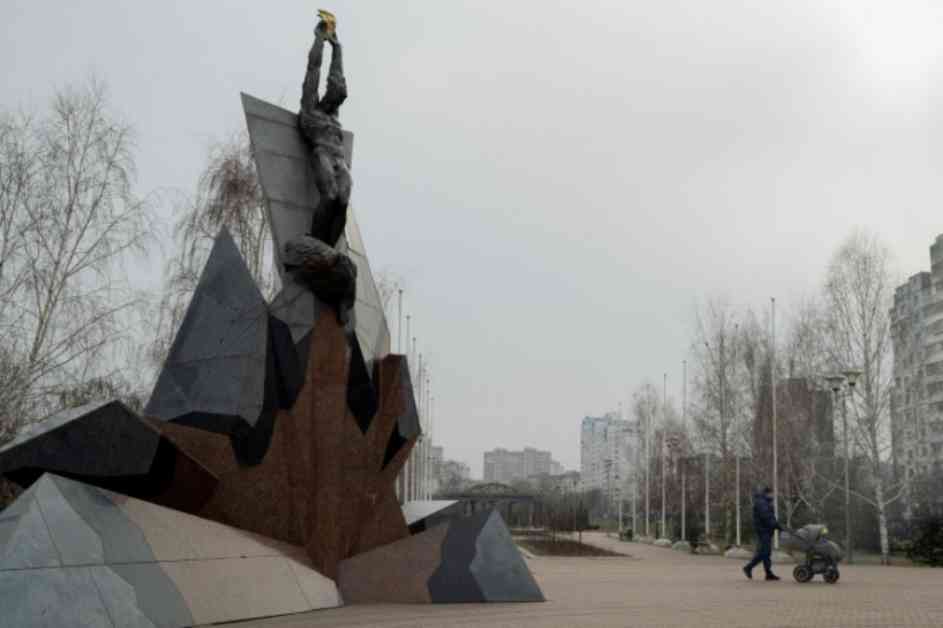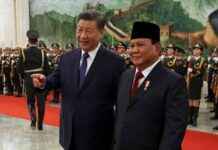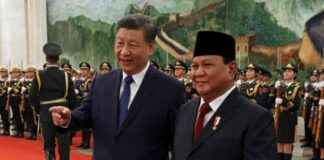Ukraine has been left outraged following a recent strike on the Chernobyl nuclear power plant by a Russian drone. The incident, which occurred on Friday, involved an attack on a cover meant to contain radiation at the site. Ukrainian President Volodymyr Zelensky confirmed that the strike had taken place but reassured the public that radiation levels remained normal. The aftermath of the attack has sparked international concern, with the European Union condemning the act as “reckless” and accusing Russia of undermining peace efforts in the region.
The Strike at Chernobyl
The strike on the Chernobyl nuclear power plant has raised alarms globally, with fears of a potential environmental disaster looming. President Zelensky revealed that a Russian drone had targeted the protective cover of the facility’s fourth power unit. The resulting explosion was captured on CCTV footage, showing the blast occurring in the early hours of the morning. Despite the severity of the attack, Zelensky emphasized that the incident highlighted Russia’s lack of sincerity in pursuing diplomatic solutions to the ongoing conflict.
Kremlin Denial and International Response
In response to the accusations leveled against Russia, the Kremlin denied any involvement in the strike, labeling it as a “provocation” orchestrated by Ukraine. Russian President Vladimir Putin’s spokesperson, Dmitry Peskov, refuted claims of targeting nuclear infrastructure, asserting that the Russian military was not responsible for the attack. However, the European Union and several other nations expressed outrage at the incident, with EU foreign policy chief Kaja Kallas condemning Russia’s actions as evidence of their reluctance to seek peace.
Expert Insights and Environmental Concerns
Experts in the field of nuclear safety have raised alarms over the implications of the attack on Chernobyl. Shaun Burnie, a nuclear specialist at Greenpeace Ukraine, highlighted the significance of the protective cover constructed over the reactor site. The structure serves as a crucial barrier to prevent radioactive leaks and environmental contamination. The deliberate targeting of such a vital component of the Chernobyl facility has been described as an “outrageous” act by environmental groups, signaling an escalation in Russia’s aggressive tactics.
Implications for International Relations
The attack on Chernobyl comes at a critical juncture in international diplomacy, with ongoing efforts to resolve the conflict in Ukraine. President Zelensky’s upcoming meeting with US Vice President JD Vance at the Munich Security Conference holds significant importance in addressing the recent escalation of hostilities. The Ukrainian delegation, backed by their allies, is expected to address the Chernobyl attack and advocate for increased safeguards to protect nuclear facilities from future assaults.
As the world grapples with the aftermath of the Chernobyl strike, concerns about the safety of nuclear installations and the escalation of conflict in the region remain at the forefront of global discussions. The need for coordinated efforts to safeguard critical infrastructure and prevent further destabilization underscores the urgency of finding a peaceful resolution to the crisis. Ukraine’s appeal for international support in countering hostile attacks on nuclear facilities serves as a stark reminder of the far-reaching consequences of military aggression in sensitive areas.




















